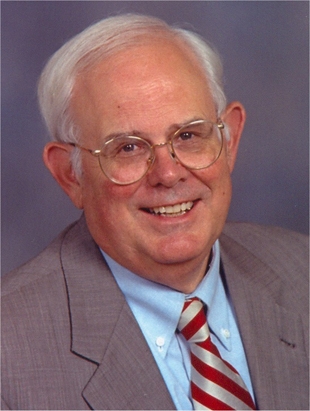What would Thomas Jefferson and John Adams think about the 2016 elections? We had a marvelous opportunity to get insights into their views at a mock debate between two scholars portraying them this week at the NC Museum of History.
Bill Barker and Steve Holloway dressed like and captured the essence of Jefferson and Adams respectively in a lively exchange sponsored by The John Locke Foundation. Barker, a tall, articulate aristocrat, looked so similar to portraits of Jefferson we could almost picture ourselves in his company. Holloway, the short, verbose, plainspoken and blunt advocate, just as realistically represented the policy-wonk Adams.
The presidential elections of 1796 and 1800 had similarities to today's contest. Both were hotly contested, highly passionate and presented differing views for the future. Despite warnings by George Washington about the potential evils of political parties Adams represented the Federalists, who wanted a stronger central government, while Jefferson, a Democratic Republican, believed government should play a lesser role and that citizens should have more rights. Like today, there were foreign threats, disagreements over the role of government, the powers of the respective branches, immigration and judicial appointments.
The two collaborated closely on the Declaration of Independence (though Jefferson is largely given credit for its authorship) and the formation of the new nation. Once dear friends, they became political enemies, reuniting only after both left the presidency.
The causes for the schism in their friendship came over issues not unfamiliar to us today. Faced with threats from foreign countries, Congress passed, with President Adams' blessing, the Alien and Sedition Acts that made it harder for an immigrant to become a citizen, allowed the president to imprison or deport non-citizens who were deemed dangerous and made it illegal for newspapers and others to make false statements that were critical of the federal government. Jefferson declared them unconstitutional, claiming Federalists were secret monarchists. The friendship was formally severed following the 1800 election when Adams, defeated in his quest for a second term, appointed many "midnight judges" in the closing days of his presidency - actions Jefferson considered an affront to him personally and to the office.
But there were also stark contrasts to the divisiveness and ugliness we see today. Both of these founding fathers staunchly advocated the best interests of the country over political partisanship. They insisted on and demonstrated civil debate even as they disagreed, refusing to resort to anger or name-calling. Having learned lessons from the Continental Congress, the Constitutional Convention and the creation of our nation, Adams and Jefferson recognized the need for compromise as the means to accomplish goals for the common good. They were unified in their stalwart defense of our Constitution that codified the roles of government and the rights of people, believing the three branches of government helped guarantee that no person or body would trample over those rights.
We found ourselves enthralled by this debate, inspired by two patriots who could disagree without being disagreeable and, while the two characterizations did not speak to the particulars of this current election, it became obvious that everything old is new again.
Let us hope our decisions on November 8th continue this grand American Experiment Adams, Jefferson and so many others began more than two centuries ago.
Publisher's note: Tom Campbell is former assistant North Carolina State Treasurer and is creator/host of NC SPIN,
a weekly statewide television discussion of NC issues airing Sundays at 11:00 am on WITN-TV.
Contact Tom at NC Spin.


























